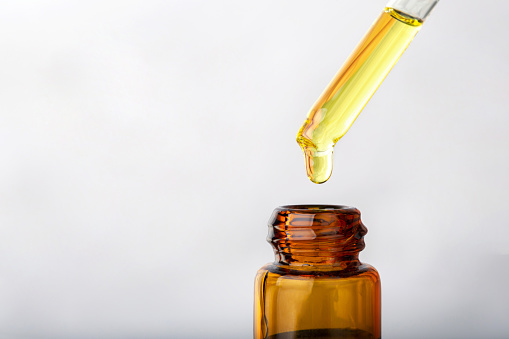Table of Contents
Best Cbd Oil For Parkinson's Disease - 2022 Guide in Hampton-Virginia
People with PD are eager to find alternative methods to help their symptoms, leading many of these patients to look into whether other therapies, such as medical marijuana, also known as medical cannabis, can be useful. Previously, I wrote a blog on medical marijuana and PD which you may find interesting.
THIS IS AWESOME

Cannabidiol, or CBD, is one of the two main components of medical marijuana. (The other one is tetrahydrocannabinol or THC.) Pure CBD does not cause a “high” and does not pose a risk of abuse or dependence. THC on the other hand, can cause these effects. CBD has been studied extensively in the laboratory and has been shown to have anti-inflammatory and antioxidant properties.
Cbd: Benefits, Types, & Side Effects - Goodpath in Murrieta-California
Although this is interesting and potentially exciting information, there are numerous other chemicals that have been studied in the laboratory with these properties that did not result in clinical benefit when tried in humans. Therefore, clinical trials become essential to support any claims that CBD should be used for medical purposes.
There is a lot of confusion around this question, related to the fact that the law distinguishes between CBD extracted from hemp and CBD extracted from marijuana. In reality, hemp and marijuana are two different names for the cannabis plant, with hemp defined as cannabis containing less than 0. 3% THC.
On the other hand, CBD derived from a cannabis plant containing more than 0. 3% THC is federally illegal – even if the CBD is purified and the product itself contains less than 0. 3% THC. To add to the confusion, is the fact that each state has its own laws that govern the use of CBD products which often contradict federal law.
Does Cbd Get You High? What It Really Feels Like - Greatist in Athens-Georgia


These vary in: What the manufacturers state is in the product. That is, some formulations of CBD will state on their label that they also contain a small amount of THC or that they contain other cannabis-derived compounds, but not THC. Others state that they are pure CBD. The formulation.

It is not just the Parkinson’s disease community that has taken an interest in CBD. There are countless health claims that CBD is helpful for a whole host of conditions. Clinical trial evidence to support the use of CBD however, is minimal. The only FDA-approved indication for CBD is to reduce seizure frequency in certain rare and severe forms of childhood epilepsy.
(Three other cannabis related drug products that are not CBD, but rather synthetic THC, also have FDA approval and are used to treat loss of appetite and weight loss in patients with HIV, and severe nausea and vomiting due to chemotherapy). For all the other health claims, there is not enough clinical trial data to allow the FDA to state whether or not CBD is effective.
What You Need To Know About Cbd - Thrive - Kaiser Permanente in Peoria-Arizona
This has not dimmed the enthusiasm of millions of CBD users for a wide range of medical conditions. Practically, CBD products can be obtained relatively easily at health food stores and online. They are not considered drugs (except for Epidiolex®), and therefore are not regulated by the Food and Drug Administration (FDA).
For example, even if the bottle says it is pure CBD, the product may contain other chemicals from the cannabis plant, or a higher amount of THC than advertised The manufacturing process, which is also not regulated, may introduce contaminants There is no assurance that the dosage written on the bottle is correct Medication interactions between CBD products and other drugs are not clear to consumers The FDA is aware of the health claims that are made by manufacturers about various products and issues warnings to companies who market CBD products with unsubstantiated health claims.
In 2015, the FDA changed some of their regulations to make it easier to study CBD in clinical trials. There have been a few studies of CBD for various symptoms of PD which have generally involved a small number of patients. Many have been open-label trials, in which the doctor and patient are both aware that the patient is receiving treatment and there is no control group that received a placebo.
What Are The Benefits Of Cbd? - The New York Times in Sacramento-California
Psychotic symptoms decreased. In a second trial, an open-label study of CBD was conducted on four patients with REM behavior sleep disorder. Symptoms decreased. A third trial was conducted on 21 patients with PD and was double blinded, meaning neither patient nor doctor knew who received treatment and who received a placebo.
Table of Contents
Latest Posts
Buy Best Heart Rate Monitors Of 2023 - Popular Science in LA - limited period only
Buy The 1 Thing That Will Make Every Workout More Effective in TEXAS - limited period only
Best Polar Heart Rate Monitor - H10 Vs H9 Vs Verity Sense now available in LA
Navigation
Latest Posts
Buy Best Heart Rate Monitors Of 2023 - Popular Science in LA - limited period only
Buy The 1 Thing That Will Make Every Workout More Effective in TEXAS - limited period only
Best Polar Heart Rate Monitor - H10 Vs H9 Vs Verity Sense now available in LA